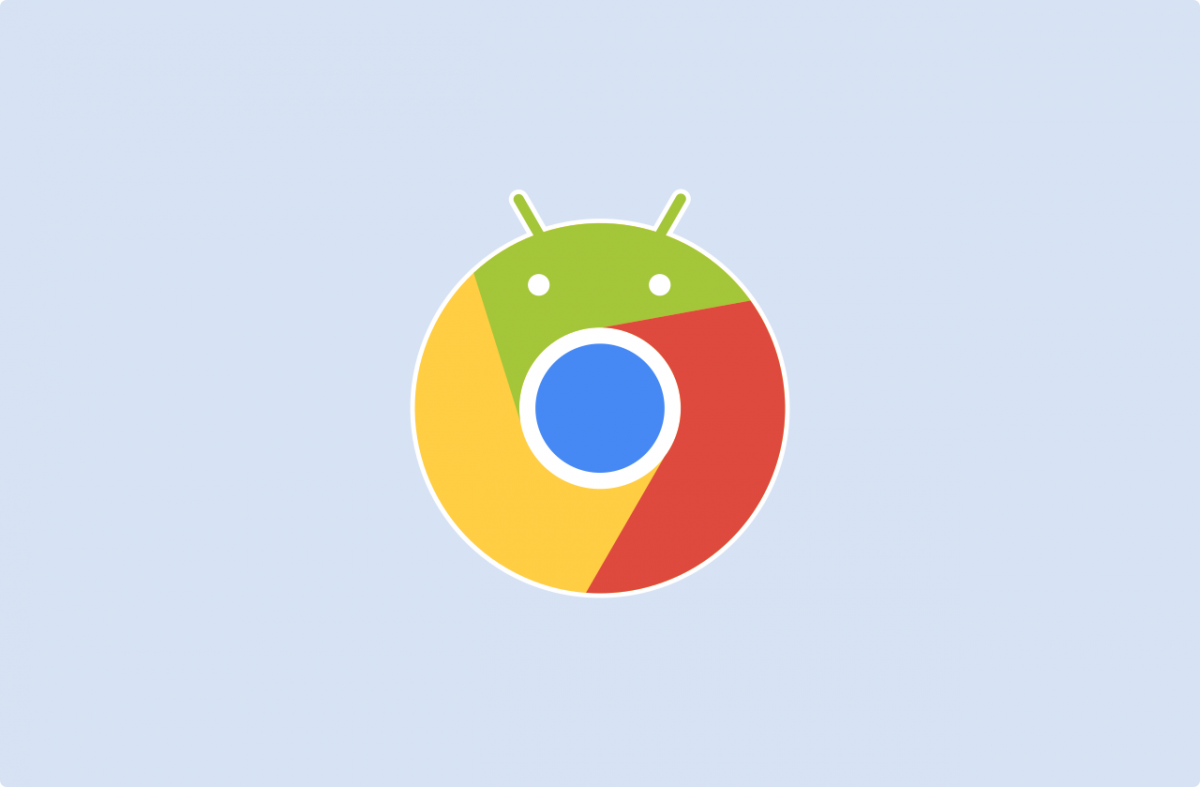The open-source Chromium project is the backbone of Google Chrome, thus developers have the freedom to customize the characteristics of the browser and add additional functionalities. The Mountain View giant decided not to include several features from the desktop version of Chrome in the Android build, but thanks to the availability of the Chromium source code, the aftermarket development community managed to port a handful of such components (like bringing in Chrome extension support on Android). XDA Junior Member Alcatraz323 has now done a similar job as he successfully integrates Developer Tools in his custom Chromium build for Android.
For those not familiar with Google Chrome's Developer Tools (often referred to as Chrome DevTools), it's a set of web authoring and debugging tools built into the browser. Unlike desktop environments, Google basically forces users to choose the "Remote Debugging" option from a PC/Mac in order to inspect a page running on an Android device. Not only does it feel rather clumsy, but the design also vastly underestimates the capability of modern age Android devices (and their increasingly large screens).
Existing projects like Eruda offer a somewhat working suite of DevTools on any Android browser by injecting remotely hosted scripts. Alcatraz323's solution, on the other hand, is quite unique because it brings back Chrome's native Developer Tools right inside the browser with minimal overhead. His Chromium fork is open source and it comes without Google Account related APIs.
If you don't want to deep dive into the code, then just grab the APK and sideload it on your device. Note that the Chromium fork doesn't support Intel-powered x86 Android devices.
Chromium for Android with DevTools: Download from GitHub || XDA Discussion Thread
The initial version lacks smartphone-related UI optimizations (e.g. no floating window while inspecting page elements), although we hope the developer will implement those features in the coming days. Alcatraz323 also published another app that essentially works as a replacement of Chrome Desktop's remote debugging feature, which can be downloaded from the Play Store.

